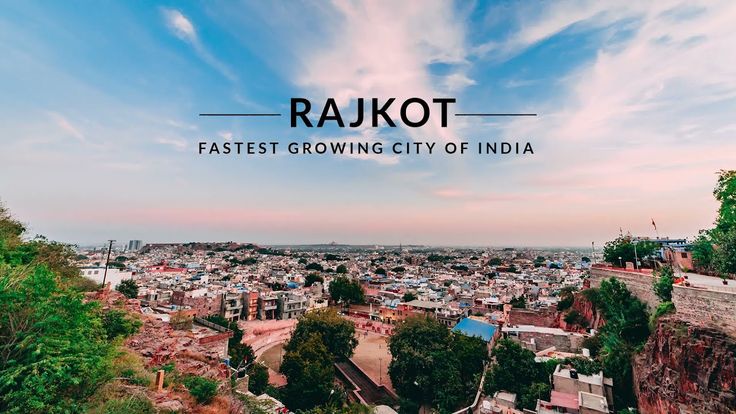Reputation on Ransom: Why Small Businesses Must Tackle Review Extortion Head-On

A troubling global trend is beginning to take hold in India: businesses being threatened with fake, negative online reviews unless they agree to pay a fee or offer favors. This is not just a nuisance; it is reputational extortion that can cripple small and medium enterprises (SMEs) whose growth depends heavily on their digital reputation.
How the Threat Manifests
For restaurants, retail shops, e-commerce sellers, and local service providers, online reviews are often the first point of contact with potential customers. A single-star drop on Google, Zomato, Swiggy or Justdial can slash footfall and sales. Increasingly, malicious actors are weaponizing this influence. SME owners report receiving anonymous messages warning that a flood of bad reviews will follow unless they pay for “protection.” In some cases, bots or fake profiles bombard business listings with negative feedback, creating an impression of poor service or defective products even when none exists.
Recent cases from India demonstrate that this threat is no longer abstract. In Mumbai and Bengaluru (2024), several cafés and restaurants reported receiving WhatsApp messages demanding UPI transfers under threat of being flooded with one-star Google reviews. Police registered cases under extortion and cybercrime provisions, urging businesses to preserve evidence and escalate quickly. Similarly, in Delhi (2023), a so-called “review mafia” was busted for selling fake positive reviews to eateries and threatening negative ones if restaurants declined their packages. Zomato suspended hundreds of accounts and collaborated with police to dismantle the racket.
These cases remain relatively few compared to the widespread scams seen globally, but that is precisely why now is the right time for Indian SMEs to harden defences before the problem scales.
Why SMEs Are Especially Vulnerable
Large corporations can absorb reputational shocks with the help of legal teams, public relations support, or large marketing budgets. SMEs, however, operate on lean resources. They rely on authentic customer reviews to compete with established brands and cannot easily counter sudden waves of negative feedback. Limited visibility across review platforms, scarce technical know-how and minimal legal recourse further increase their exposure. Consumers, meanwhile, rarely distinguish between genuine and fabricated feedback, making even a handful of fake reviews disproportionately damaging.
What SMEs Should Do
The first step for any business is vigilance. SMEs need to actively monitor their listings across platforms and respond quickly when suspicious activity appears. Legitimate complaints should be addressed professionally and transparently, while clearly fraudulent reviews must be flagged and reported to the platform with supporting evidence. Encouraging happy customers to leave authentic feedback can dilute the effect of rogue entries, while maintaining clear records such as screenshots of threats or suspicious profiles can support legal action if extortion is involved.
SMEs should also focus on strengthening their brand’s credibility. Reliable service quality, clear communication and visible trust signals certifications, testimonials or social proof help create reputational resilience. Over time, a solid bank of genuine reviews makes isolated malicious comments less persuasive.
The Role of Platforms, Associations and Regulators
Digital marketplaces and review platforms have a responsibility to detect and curb fake review campaigns. They must tighten reviewer verification processes, provide clear redress channels and penalize those who misuse their systems for blackmail. Industry bodies and SME chambers can play a vital role by issuing awareness materials, building peer-support networks and guiding members on how to pursue complaints. Regulators should classify coordinated fake reviews and threats as unfair trade practices or extortion, ensuring faster redress for small businesses.
Protecting Reputational Capital
The rise of review-based blackmail is part of a larger spectrum of reputational risk confronting Indian SMEs. As commerce shifts online, reputations are built and destroyed in clicks and stars. Small businesses must treat reputation management as a core business discipline, integrating it with cybersecurity practices and customer relationship management.
The incidents in Delhi, Mumbai and Bengaluru should serve as early warnings. While the volume of cases in India is still small, it is the ideal time for SMEs, platforms, and regulators to harden defences and create strong deterrents. A single unchecked attack can wipe out months of goodwill, while a well-prepared enterprise can use transparency and trust as its strongest defences.











